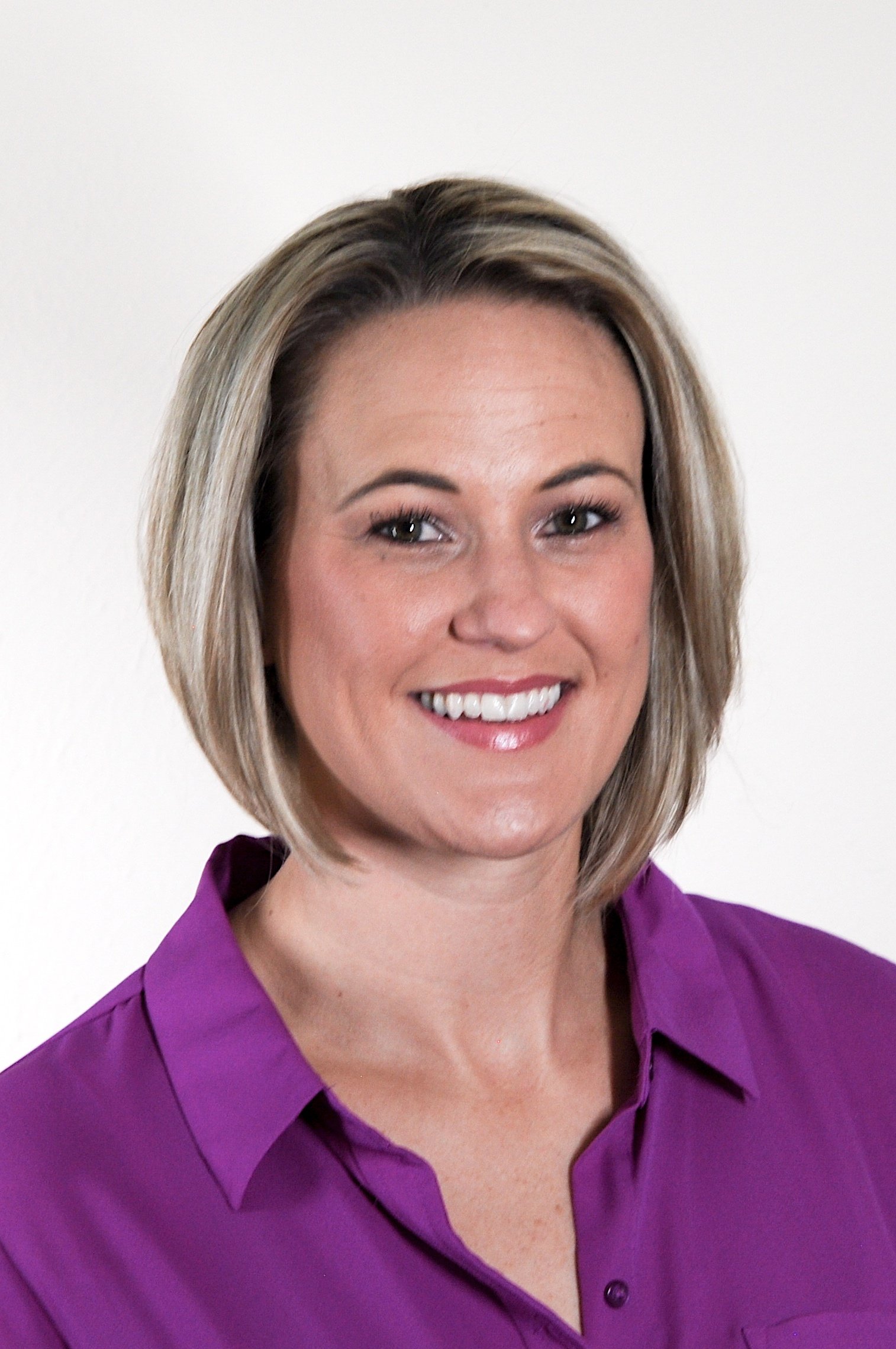Own It: Holding Yourself More Accountable as a Key Account Manager
in Key Account Management /
While you probably do a great job in your daily work, you could always do better. One of the core tenants of being the best key account manager you can be and serve your customers better is holding yourself accountable. You don’t let little things slide, and anything less than perfect is unacceptable. By keeping yourself to a high standard, you’ll provide better services for your customers, and they’ll definitely see you as more than “just another vendor.”
Some people are born with a natural drive to be accountable and be the best, but most aren’t. Even if you’re one of the rare few, you could always do better. Today, we want to talk about a few tips and tricks that you can implement in your daily work to be a more accountable key account manager.
Make a Plan
First thing’s first, you need to create an accountability plan. What do you need to improve on? This will depend on the person, and you’ll have your own unique needs. To help get your mental gears moving, some of the items from accountability plans we’ve seen in the past can include:
- Talk to customers directly more than once a week
- Conduct reviews of each account every Friday
- Conduct Voice of Customer interviews more than once a month.
These are just a few of the examples, but each of these items shares one goal in common: they are time-based and will help you stay on track. By hitting each of your points on your accountability plan, over time, these goals will turn into daily habits, and you’ll be more accountable.
Share Your Plan
Creating a plan is excellent, but if you don’t stick to it, it’s useless. To overcome this challenge, we recommend that you share your accountability plan with an accountability partner. This could be your boss, your co-workers, your dog (okay, maybe not the last one), but essentially anyone that is interested.
By communicating your plan, you’ll have another person to keep you on track. Have them ask you about it and remind you, so you never veer far from the course. It might seem silly to share something so personal (why would they can about your glorified to-do list?), but it can significantly help in your efforts to become a more accountable key account manager.
Create a To-Do List
For every account, you should have a weekly to-do list. If you’ve made an account plan in the past, your to-do list should primarily be the daily tasks that you’ll complete throughout the week. You can also fill this to-do list with somewhat larger goals, but try to avoid putting anything that will take more than a couple of weeks to complete. Your account plans are for the long-term purposes, and your accountability to-do lists will focus on the short-term. This way, you can stay on top of the small tasks and prioritize them as you go.
At the end of each week, you should reflect on what you’ve accomplished and what you failed to do. If you weren’t able to get everything done, that’s totally fine. Becoming an accountable key account manager takes time and doesn’t happen overnight. Just make sure that you were able to complete the most critical tasks, and for the ones that you weren’t able to finish, determine the cause.
We’ve found in the past that sometimes it is helpful to put a little bit more on your to-do list than you really need to get done. In many cases, you won’t be able to check off 10 out of 10 tasks. On the flip side, you might be able to complete 10 out of 12 tasks. Add more than you need, and even if you don’t finish all of the tasks, you’ll still be in a better position than you would have been.
Prioritize
Going off of the last point, you don’t want a messy to-do list. You should organize your list with priorities at the top and less important tasks closer to the bottom. You can also use special symbols to help denote what is urgent and what could wait for tomorrow. However you choose to organize your to-do list, you must prioritize based on need and urgency. If you don’t, everything on the to-do list will have equal importance, and you won’t hold yourself accountable to the most critical tasks.
Don’t Put Off Important Things
As you look at your to-do list, it’s easy to think, “I’ll do the easy stuff first, and that will keep me motivated.” The problem is you’re going to waste most of your energy on the easy stuff, and you’ll continue pushing the high-priorities back to the bottom of the to-do list.
Remember back in school when you’d get a huge assignment? What did you do? If you were like most students, you put it off as long as possible until you absolutely needed to start working on it. This might have worked for 9th-grade civics class, but in the key account management world, you can’t afford to put things off.
Think of it this way: when you hire someone to do work for you, would you rather they push your project to the bottom of their priority list, or would you want to be at the top? Your accounts depend on you to work on their accounts tirelessly. For this reason, make sure that you get the priorities done first and then worry about smaller, easier tasks.
Stay Focused
The final tip is to limit distractions. If you’re like most people, once you find your groove and get into the rhythm of working, finishing your to-do list is much easier if you have momentum to ride. If you’re continually facing distractions (whether it’s looking at cat videos on Instagram, updating your LinkedIn status, or even co-workers) you should take steps to eliminate them.
This will be different for everyone, and it might mean that you practice more self-control or shut your office door for a while. Whatever the case may be, you’ll get more work done in less time if you can limit your distractions and you’ll be more accountable in your account management work.
Summary
How could your accounts benefit if you hold yourself accountable? The answers might surprise you. Put these tips into practice and pretty soon the transformation will be complete.







